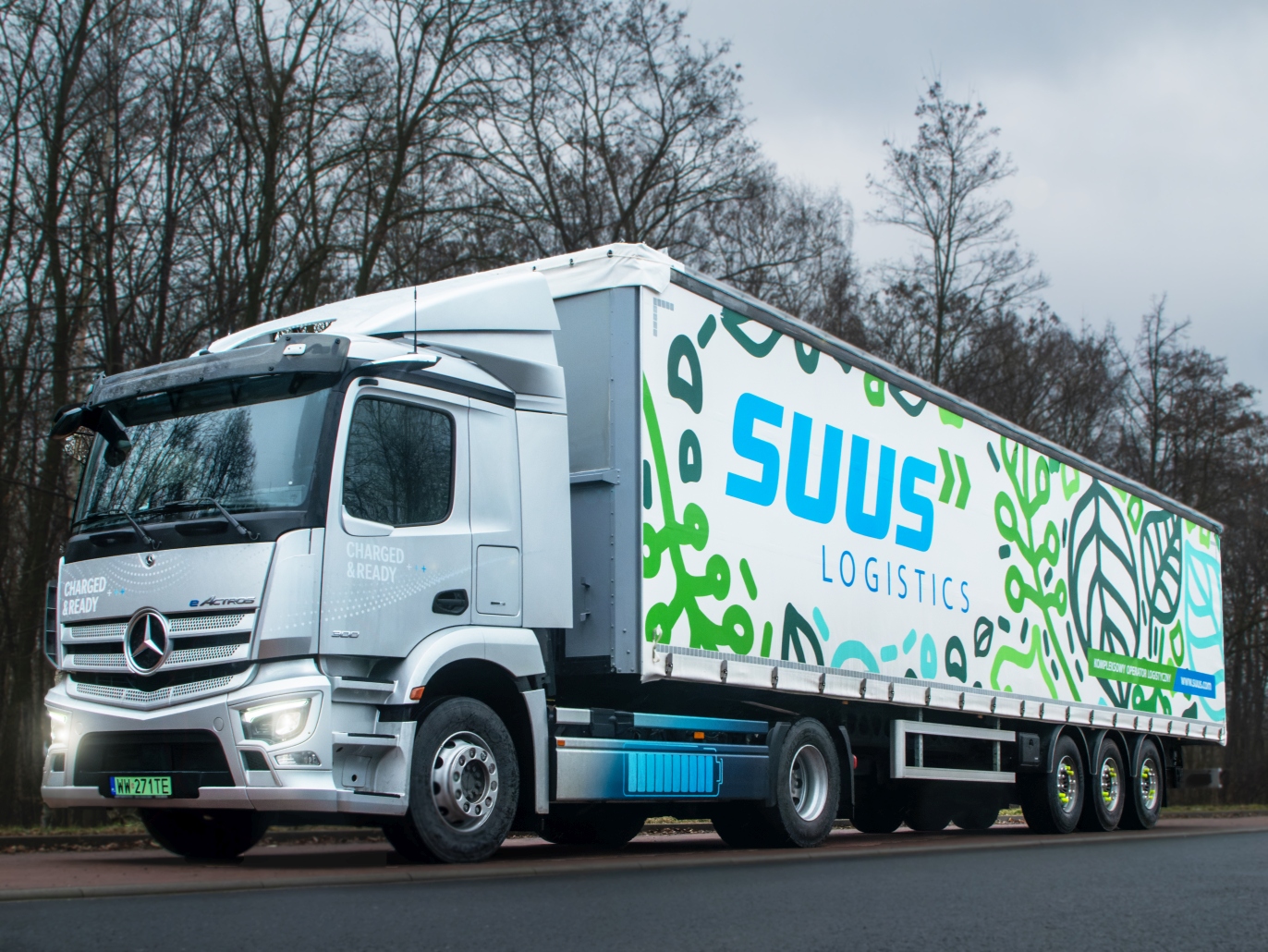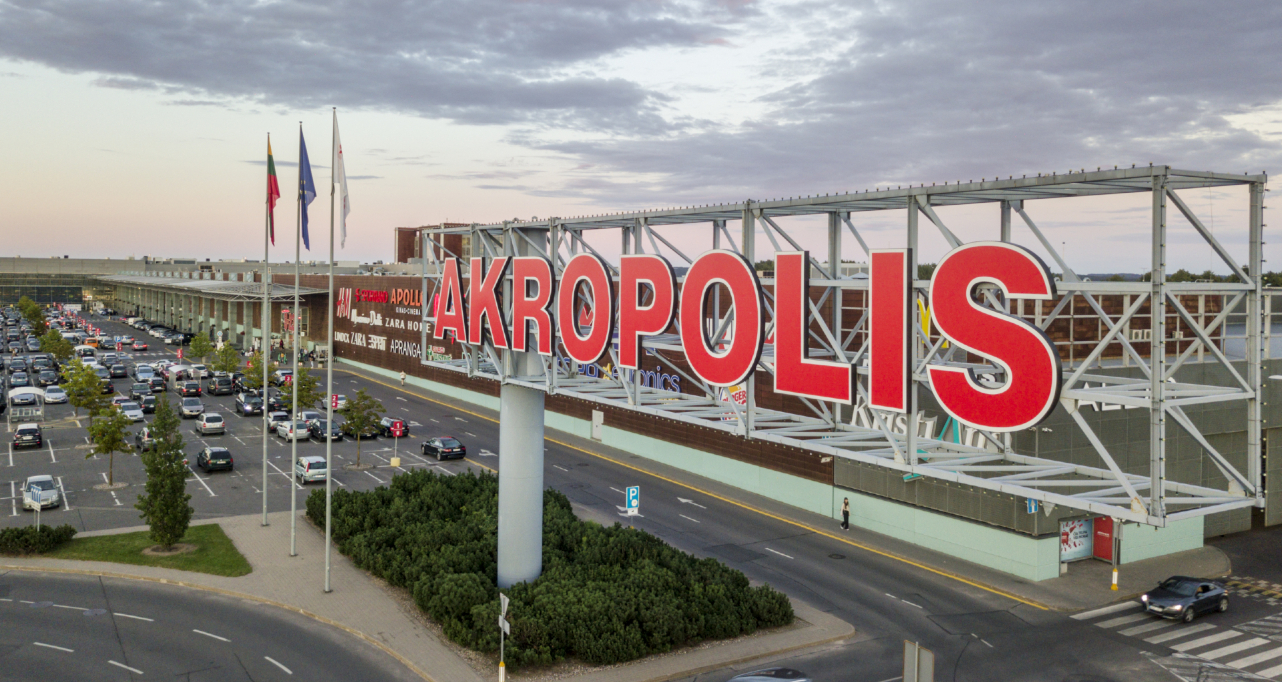Rohlig SUUS Logistics conducted a pilot of the eActros 300 electric truck, which confirmed the potential for effective utilization of electric vehicles in heavy-duty shuttle transportation. During the two-week test, the truck covered over 2,200 km, reducing emitted greenhouse gases by 3.9 tons. This initiative aligns with the efforts of the largest Polish logistics operator in ESG activities. The project was carried out in collaboration with Żywiec Zdrój and Daimler Truck Retail Polska.
The pilot took place in the first half of February 2024. It involved daily full-vehicle transports of Żywiec Zdrój spring water between factories and customer warehouses in the Silesian Voivodeship.
Fabian Szmurło, Domestic FTL Product Director at Rohlig SUUS Logistics, says, “The collaboration model, based on regular shuttle connections between the production plant and the warehouse, is currently the most effective solution enabling the use of electric vehicles in heavy transport. This is the first step towards electrifying the industry. Currently, the utilization of electric fleets in transportation involves significant costs, so the key condition for the implementation of such projects is the proper relationship between the customer, logistics operator, and carrier, as well as their readiness to commit to long-term and stable cooperation”.
Piotr Winiarski, Fleet Development Manager at Rohlig SUUS Logistics, explains, “The pilot allowed us to verify the effectiveness of using an electric truck for heavy transportation. By selecting appropriate transport solutions for this vehicle, including trailers with increased load capacity, and considering its range limitations, we achieved this goal.”
Over two weeks, the vehicle covered over 2,200 km, transporting loads sometimes reaching 25.5 tons. On average, the vehicle consumed about 107 kWh per 100 km, and its use on this route resulted in a reduction of greenhouse gas emissions by 3.9 tons”. Importantly, the vehicle also met the expectations of the drivers. They emphasize, among other things, the quieter ride compared to diesel trucks, the appropriate dynamics of the vehicle, and the utilization of modern solutions, such as the Mirror Cam system, which facilitates reversing. They also point out that the charging process is safe and the device is easy to operate.
Grzegorz Bobek, Environmental and Sustainability Manager at DANONE Group of Companies says, “Żywiec Zdrój has been implementing a sustainable development strategy for years, part of which is a significant reduction of its carbon footprint. Already, all of our bottling plants use renewable sources of electricity, we are also systematically increasing the share of recycled packaging and optimizing transportation. The pilot allowed us to test one of the transportation models using renewable energy sources. The success of these tests opens up new possibilities on our path to lower emissions”.
The eActros 300 pilot is another initiative by SUUS in the area of transportation electrification. The operator has already conducted other tests of electrically powered trucks in FTL (full truckload) domestic transportation. Additionally, EXPERT, the company which is a part of the SUUS Group, utilizes electric vans in the last-mile delivery of heavy and bulky goods, such as furniture or home appliances. These initiatives are also part of SUUS’ ESG strategy, which is currently being implemented.







